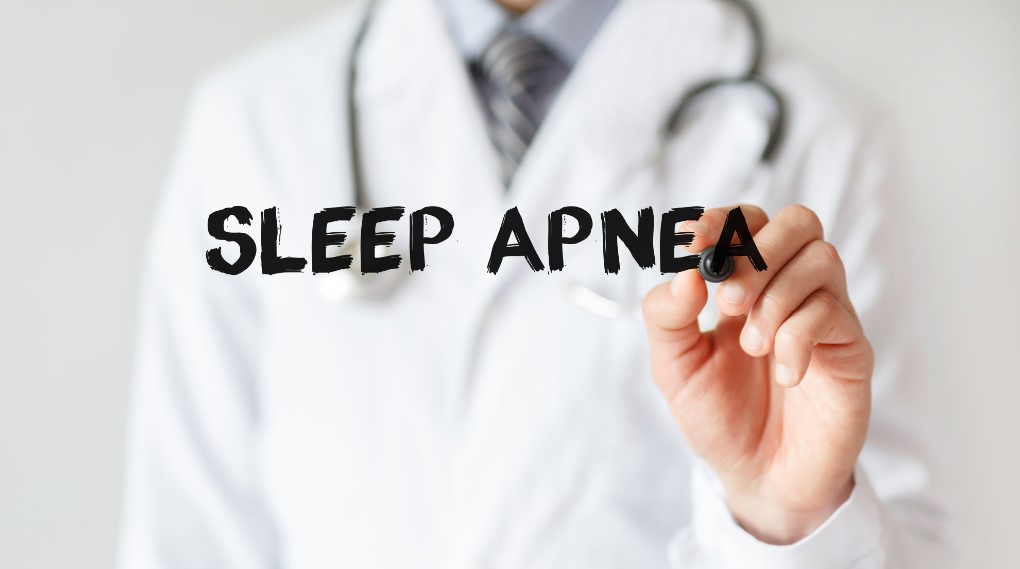Did you know that the American Medical Association estimates that 30 million Americans suffer from sleep apnea? Central sleep apnea is a condition that many do not know about, yet it has an impact on those who have it and the people around them. The more you know about this condition and what the best ways to treat it are, the better for everyone.
After all, you should be getting the best sleep of your life.
But what is central sleep apnea, and what signs should you be looking for?
Keep reading to learn all about this condition and how to treat central sleep apnea.
Avoid Alcohol and Caffeine
Avoiding alcohol and caffeine can help treat the apnea because it can help prevent the worsening of central sleep apnea symptoms. Caffeine is known to cause more frequent and severe episodes of central sleep apnea.
Consumption of alcohol can act as a sedative and further aggravate the symptoms of central sleep apnea.
Avoiding both alcohol and caffeine can help reduce the risk of increased sleepiness or fatigue during the day.
Lose Weight if Overweight
Overweight individuals may need to focus on losing weight to treat their sleep apnea. Weight loss can reduce the severity of apnea and lessen its symptoms. A physician should be consulted to create an individualized lifestyle plan that includes a balanced diet.
The plan should provide an appropriate caloric intake for the individual. The goal should be to lose no more than two pounds per week.
Medications
These medications act in different ways to help reduce the number of episodes and help regulate breathing patterns. Examples of these medications include acetazolamide, opioids, and serotonin agonists. Taking these medications together in combination can be the most effective way to reduce central sleep apnea.
It is important to discuss which medications are right for the individual with their doctor. They can have side effects and different efficacy levels depending on a person’s unique circumstances.
Surgery
Performed by a qualified lung specialist, surgery can help improve the function of the phrenic nerve. It is the nerve responsible for the diaphragm, which aids with breathing. Surgery focuses on the nerve or any surrounding structures that may be contributing to CSA.
Surgery can also help adjust the upper airway. This can resume normal breathing patterns and encourage restful sleep. Even throughout the surgery, the patient’s breathing is monitored to help prevent any further health issues.
CPAP Therapy
Treating CSA can be done in various ways, but CPAP (Continuous Positive Airway Pressure) therapy is one of the most common and effective treatments. CPAP therapy requires the patient to wear a mask that is connected to a small machine. This helps provide constant, gentle pressure to help keep your airway open.
It is important to wear the mask every night for at least 4 hours or as prescribed by your doctor. You may find it difficult or uncomfortable to wear at first, but it is important to wear it each night for optimal results. You may want to consider having a CPAP water distiller at home for your needs.
Understanding How to Treat Central Sleep Apnea
How to treat central sleep apnea requires an individualized treatment plan, which may involve lifestyle modifications and medical treatments. While the disorder is serious, treatments can help manage the condition and return to a more comfortable sleep experience. Consulting with a medical professional is essential in creating an effective treatment plan.
For more lifestyle inspiration, check out our blog.

